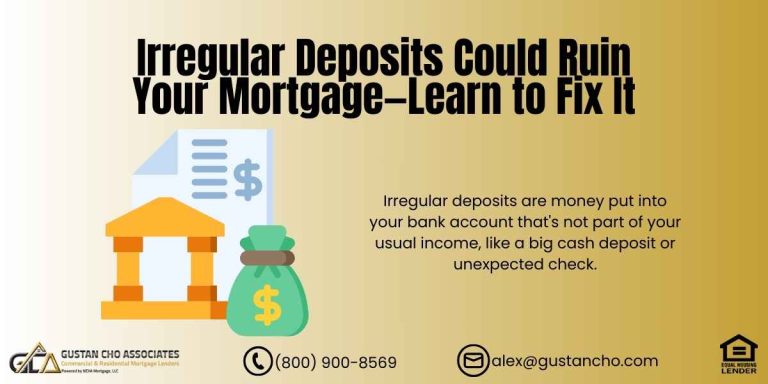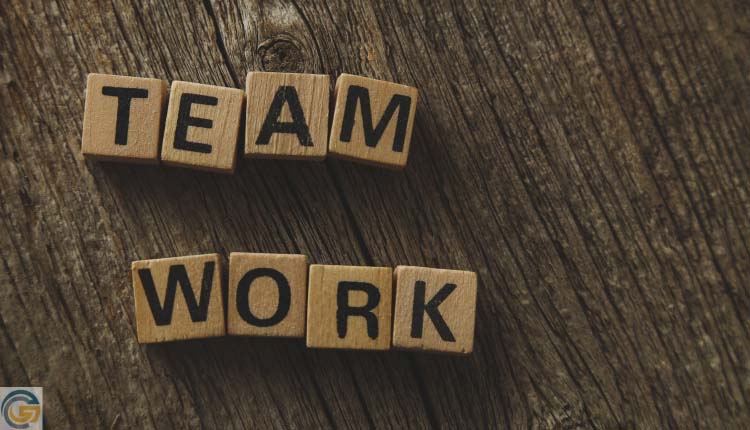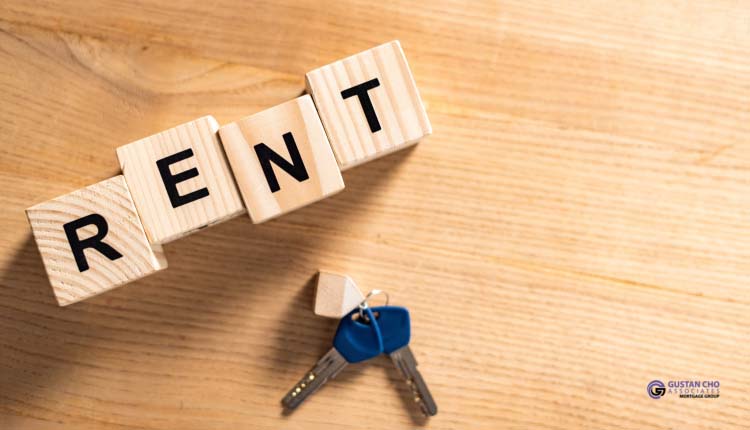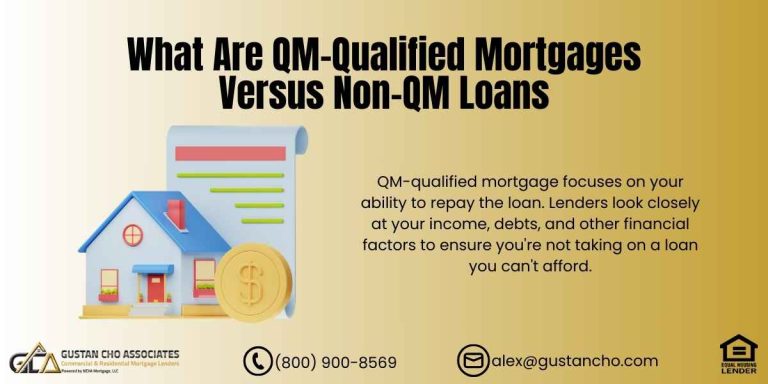This guide cover the things to know before filing bankruptcy for future homebuyers. There are things to know before filing bankruptcy. Many Americans are still under the impression that bankruptcy is very bad. They often do not know the benefits of bankruptcy and how you can get credit after bankruptcy. Bankruptcy rates soared after the 2008 financial crisis.
Americans re-establish their credit after bankruptcy. Most American go on to achieve high credit scores, get unsecured credit cards, get auto loans, and qualify for a mortgage and become homeowners.
With the current state of the U.S. economy with the coronavirus pandemic crisis, high inflation, skyrocketing mortgage rates, home prices out of control, and political chaos, bankruptcy filings is expected to skyrocket in the coming months. Americans should keep a note that bankruptcy is not the end of the world. Bankruptcy is a federal law for consumers who need relief and a chance for a fresh start. Most people rebuild and re-establish their credit after filing bankruptcy. Consumers can qualify for credit, car loans, and a mortgage after bankruptcy. Bankruptcy is a federal law that gives the consumer a fresh financial start in life
Things To Know Before Filing Bankruptcy: Is Bankruptcy For Me?
Bankruptcy is a federal law created and launched to help consumers and businesses in debt and need time to restructure their debts so they can move on with their lives. Who benefits from bankruptcy. There are two types of bankruptcy: Chapter 7 Bankruptcy and Chapter 13 Bankruptcy. There is also Chapter 11 Bankruptcy which we will not cover in this blog. Typical reasons consumers file bankruptcy is due to the following:
- Unemployment due to job loss
- Loss of business or business failure
- Financial mismanagement
- Substantial wage decrease where they can no longer meet the minimum debt payments
- Divorce
- Medical issues
- Creditors trying to sue you and obtain judgments
- Outstanding judgments
- Creditors threatening wage garnishment
- Economic reasons such as a recession, depression, or the recent coronavirus pandemic crisis
In general, consumers who have been struggling to manage their debts and do not see the light at the end of the tunnel may consider bankruptcy. Bankruptcy is not the end of the world. Once someone files bankruptcy, it can impact the credit score by as much as 240 points. However, consumers can re-establish their credit the minute their bankruptcy gets discharged. There are ways of rebuilding your credit after bankruptcy and obtain a credit scores over 700 FICO in six to twelve months after the discharge.
Talk to a Mortgage Expert Before You File Bankruptcy
Thinking about filing bankruptcy but worried how it will affect buying a home? Get the facts first
Difference Between Chapter 7 Versus 13 Bankruptcy
Chapter 7 Bankruptcy is for consumers without any assets. It is also referred to as total liquidation. Consumers who have little to no income or little to no assets would benefit from Chapter 7 Bankruptcy. The petitioner need to pass the Chapter 7 Means Test. You are limited on the maximum income you can make to be eligible for Chapter 7 Bankruptcy. All debts are discharged with Chapter 7 Bankruptcy.
Federal government loans, tax obligations, student loans, child-support, alimony, fraud, and government fines cannot be discharged in bankruptcy. All other debts can be included in bankruptcy.
Consumers who have assets to protect such as property, business, and/or other assets can keep the assets and qualify for Chapter 13 Bankruptcy repayment plan. Chapter 13 Bankruptcy benefits homeowners who have a home that is about to enter the foreclosure process. Chapter 13 Bankruptcy will halt the foreclosure proceedings. The Bankruptcy Trustee can allow the petitioner to catch up the delinquent mortgage payments in Chapter 13 Bankruptcy. Bankruptcy is a federal law that protects consumers rights and gives them a second chance. Once the bankruptcy has been discharged, the consumer has no more debts and a fresh financial start.
Things To Know Before Filing Bankruptcy: What Is Debt Settlement?
Bankruptcy is not for everyone who has bad debt. If you own less than $10,000, debt settlement may be a better option. You may want to get a second job and try to pay down your bad debts with a written payment plan. Prior to filing for bankruptcy, see if you can readjust you spending habits and take a good look at your budget. Consult with a credit counselor to see what other options you have. Consumers can visit the National Foundation for Credit Counseling website for a directory of certified credit counselors. James Miller of Miller and Miller Bankruptcy Attorneys in Milwaukee, Wisconsin said the following:
It is best recommended that you hire an experienced bankruptcy attorney if you decide to file bankruptcy. Petitioners can file bankruptcy on their own, but having an attorney to represent you is highly recommended.
Contact your creditors and see if they can offer you alternatives to bankruptcy. Some options include debt settlement which is settling your debts for less than what is owed. Other options may be getting a gift from a family member. Many consumers have large income tax refunds where they can use those proceeds to settle their debts. Consumers with larger bad debts such as judgments may need to file bankruptcy.
Debts That Cannot Be Discharged In Bankruptcy
Not all debts can be discharged in bankruptcy. Federal and certain state taxes, alimony, child-support, federal debt, federal student loans, and fines owed to government agencies cannot be discharged in bankruptcy. Any debts that are the outcome of fraud and/or fraudulent activities are not dischargeable in bankruptcy. The statute of limitations on judgments depends on the state where the judgment was awarded. In most states, judgments are normally good for 10 years and can be renewed after 10 years for another 10 years. If the judgment is a smaller amount, you can enter into a written payment agreement with the judgment creditor. Before pulling the trigger on bankruptcy, explore other payment options.
Qualifying For a Mortgage After Bankruptcy
Homebuyers can qualify for a mortgage after bankruptcy. Government and conventional loans have mandatory waiting period requirements after bankruptcy. However, just meeting the mandatory waiting period does not guarantee mortgage loan approval. Mortgage lenders want to see borrowers have re-established credit after bankruptcy. Late payments after bankruptcy or foreclosure are frowned upon by lenders. Most lenders will not approve a borrower with late payments after bankruptcy.
Once Chapter 7 is filed, the bankruptcy is normally discharged in 90 days. Consumers who are being sued, get wages garnished, have creditors enforce judgments, or assets frozen are great candidates for bankruptcy.
One or two late payments may not be a deal killer if the borrower has extenuating circumstances that can documented. Examples of acceptable extenuating circumstances are loss of job and/or medical issues. Divorce is not considered extenuating circumstances. Gustan Cho Associates has Non-QM loans where there are no waiting period requirements after bankruptcy, foreclosure, deed in lieu of foreclosure, or a short sale. For more information about the waiting period requirements after bankruptcy and to qualify for a mortgage after bankruptcy, please contact us at Gustan Cho Associates at 800-900-8569 or text us for a faster response. Or email us at gcho@gustancho.com. The Team at Gustan Cho Associates is available 7 days a week, evenings, weekends, and holidays.
Plan Your Bankruptcy With Your Future Mortgage in Mind
The chapter you choose and how your debts are handled can affect when you qualify for FHA, VA, conventional, or non-QM loans









